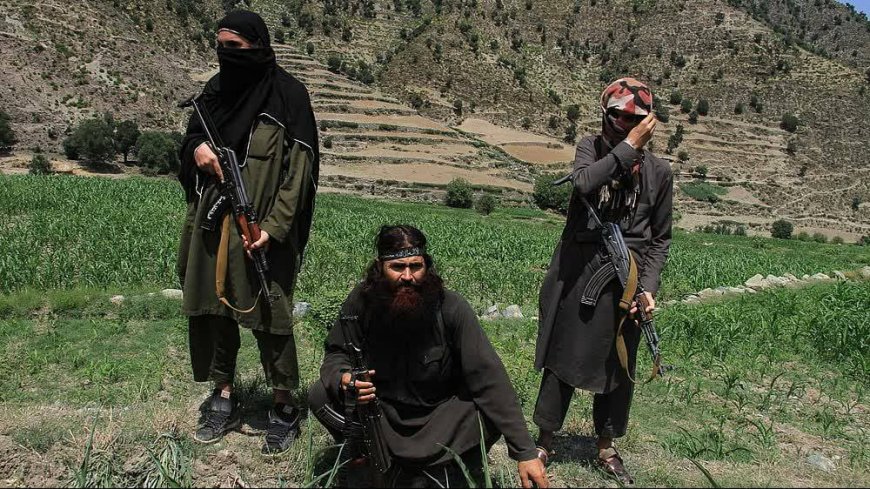The US and ISIS-Khorasan: Partners in Perpetuating Instability in Afghanistan?

In a dramatic turn of events, the disgraceful withdrawal of US occupying forces from Afghanistan over two years ago was met with speculation about the extent to which Washington had truly withdrawn from the war-ravaged nation. Contrary to the belief that the US no longer pays attention to developments unfolding in Afghanistan, the evidence indicates a persistent desire to shape the country's policies and maintain a significant regional role, albeit through covert engineering.
As the US disengaged from Afghanistan, observers pondered whether the Pentagon had assumed a neutral position as an observer of the Afghan arena or if it had, in fact, maintained its intelligence and military orbit, relentlessly pursuing its sinister objectives. This influence is exerted through various means, including targeted drone attacks, support for radical and extremist groups, and the fomentation of internal conflicts.
From the outset, the answer became evident. The dream of Afghanistan's freedom and independence from US and NATO occupation was shattered when the first US drone attack on Kabul occurred shortly after the withdrawal of US forces. This incident laid bare the truth that, despite the absence of boots on the ground, the United States has maintained its intelligence and military influence within Afghanistan, and in some cases, has even intensified it to a remarkable extent.
This revelation leads to a crucial question: if the US sought to shape developments in Afghanistan, why did it depart in such a disgraceful manner? The reasons behind the US departure were multifaceted.
Firstly, the belief that the war was interminable and its outcome uncertain loomed large. Secondly, the exorbitant costs of war imposed a significant burden on the United States, with pressure mounting for American taxpayers to bear the brunt of this military adventure. Nonetheless, it is crucial to recognize that managing chaos in Afghanistan appears to have been Washington's primary agenda. A stable Afghanistan did not serve Washington’s strategic interests, as a responsible government would not render its neighbors vulnerable. Conversely, a nation embroiled in crisis can easily propagate instability across its borders. Thus, the US approach to the ongoing Afghan crisis is a calculated one, seeking to create chaos within the country to undermine its neighbors indirectly, without direct military confrontation.
A key element of the US strategy to foster instability in Afghanistan is the bolstering of ISIS-Khorasan. By exacerbating the nation's instability and insecurity, Washington aims to perpetuate conditions that instill anxiety among Afghanistan's neighbors and regional countries.
Considering the United States' history and its actions against peace and stability in other nations, it becomes apparent that Washington intends to render Central Asian countries insecure by fortifying ISIS in Khorasan. This approach provides a pretext for the US to establish a presence in these nations under the guise of combating ISIS.
Given these covert objectives, it is imperative to enhance regional cooperation and strive for the formation of an ethnically inclusive government in Afghanistan. In this regard, a significant decision emerged from the Afghanistan Trend Summit in Kazan, where participating countries opted to establish a contact group comprising neighboring nations and regional actors. While Western nations advocate for an international contact group, it is crucial to recognize that such a group's inclusion of America and NATO would perpetuate the very chaos that has plagued Afghanistan. Instead, neighboring countries should engage in dialogue to address common challenges and promote regional security, thereby preventing a repetition of past Western and American excesses in the region.













































